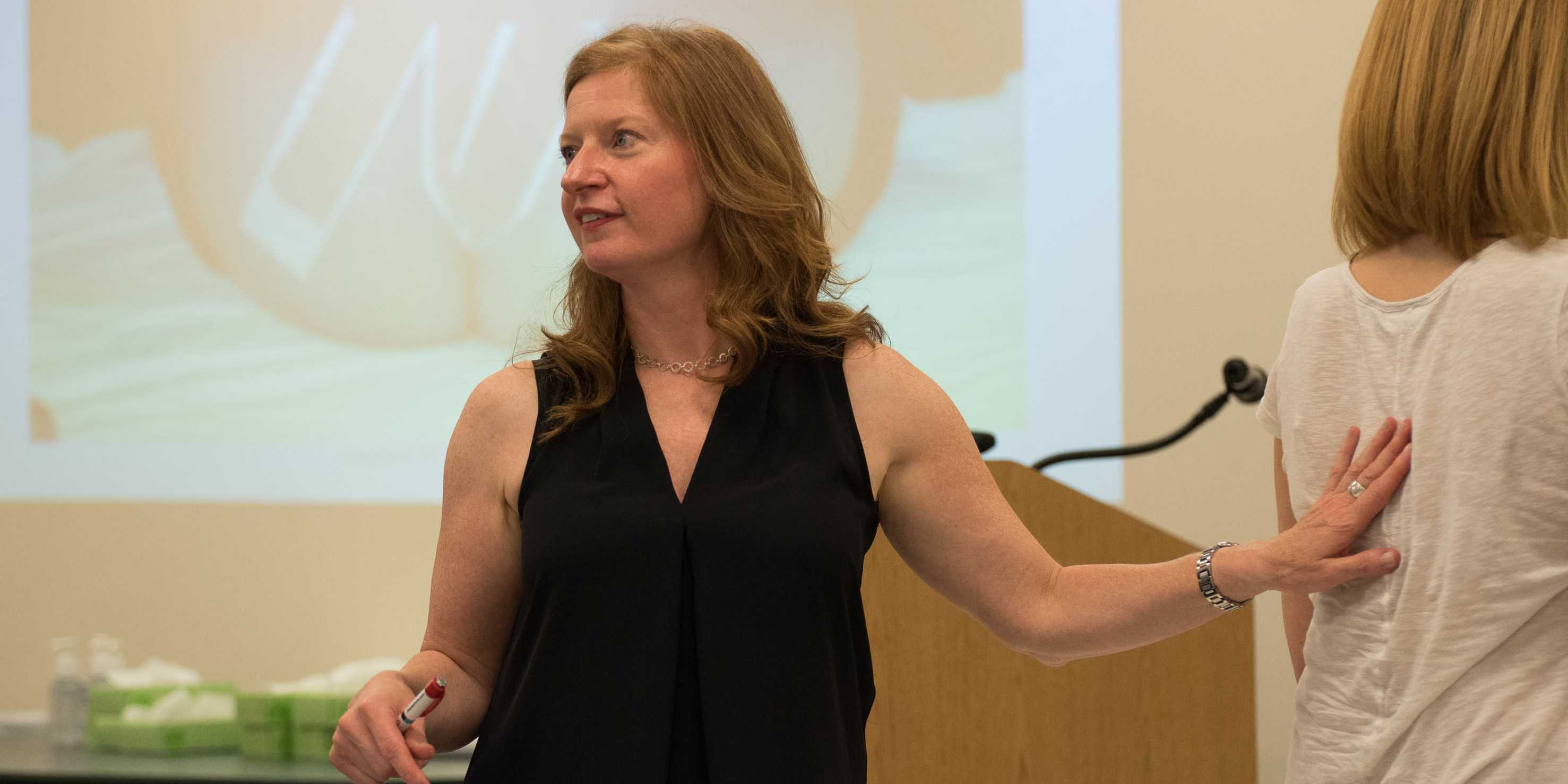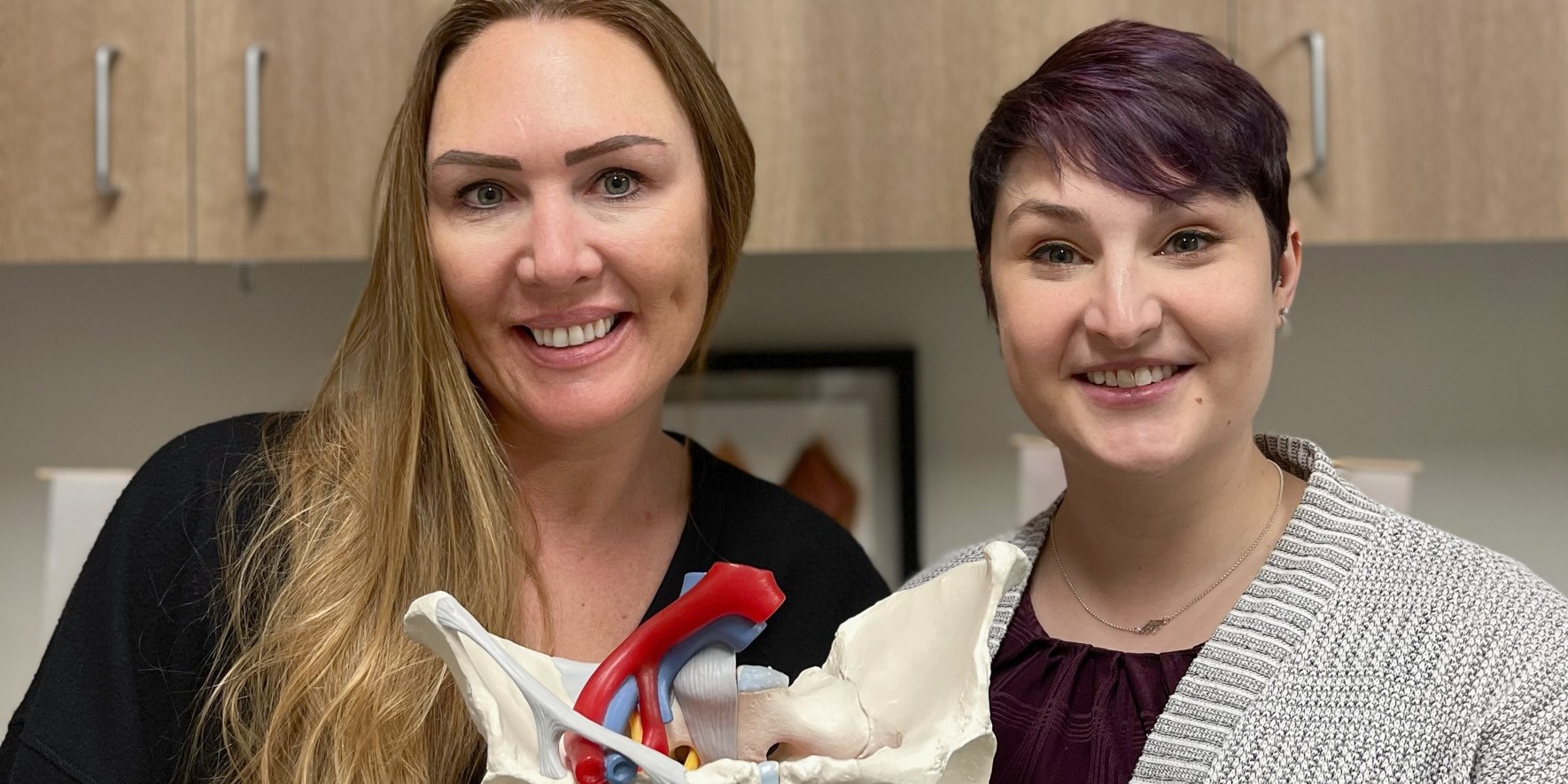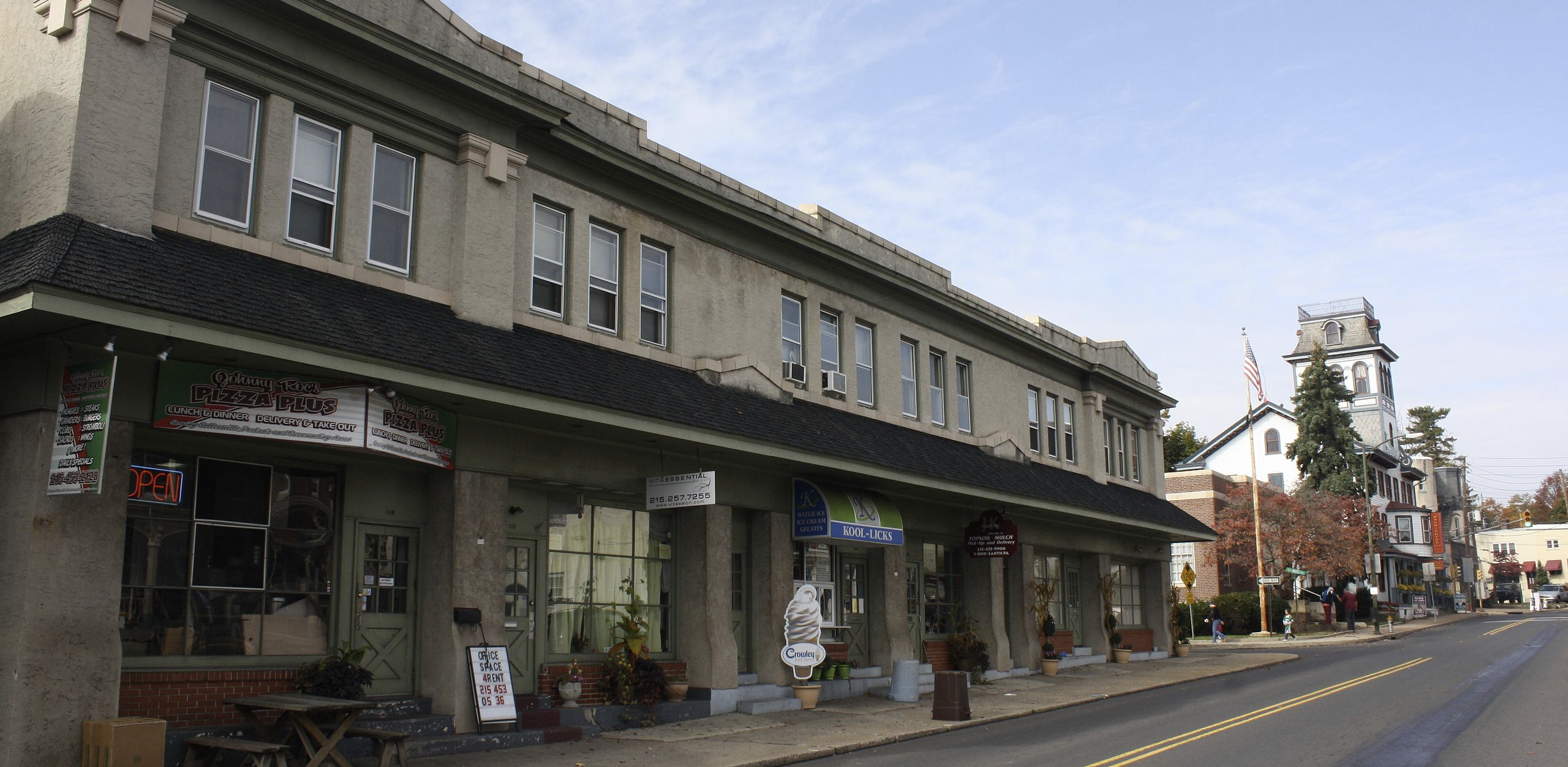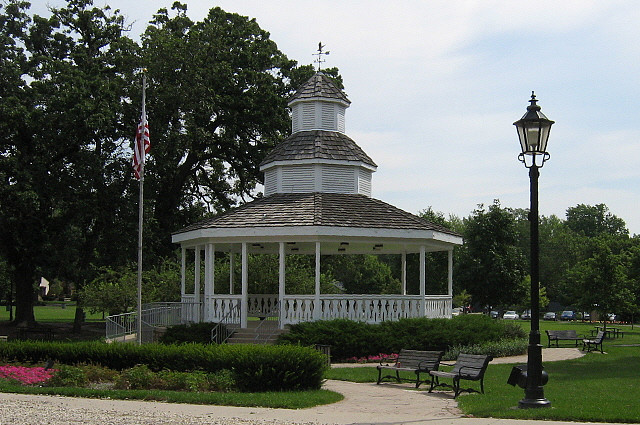The Pelvic Rehab Report had an opportunity to interview Dawn Sandalcidi, the creator and instructor of "Pediatric Incontinence and Pelvic Floor Dysfunction". Dawn has developed a pediatric dysfunctional voiding treatment program in which she lectures on nationally. Dawn has published articles in the Journal of Urologic Nursing, the Journal of Manual and Manipulative Therapy, and the Journal of Women’s Health Physical Therapy. Let's hear more from Dawn about her Pediatric Incontinence and Pelvic Floor Dysfunction course!
What essential skill does your course add to a practitioner’s toolkit?
Adding pediatrics to your practice truly allows you to treat the pelvic floor through the lifespan. If you are a pediatric therapist adding this most important specialty will complete the picture of your entire patient.
This post was written by H&W instructor Dawn Sandalcidi, PT, RCMT, BCB-PMD. Dawn's course that she wrote on "Pediatric Incontinence" will be presented in in South Caroline this August.
Years ago when my oldest daughter was 4 years old and in Pre-school I received an urgent call at the office that she had an accident. Immediately my head began to race, “What hospital is she in?” “What did she break?” Then the director informed me she wet her pants. I collapsed in my chair with a huge sense of relief and I began to ponder “Did she have an ‘accident’ or did her bladder leak?
Merriam-Webster defines an accident as:
This post was written by H&W instructor Dawn Sandalcidi, PT, RCMT, BCB-PMD. Dawn's course that she wrote on "Pediatric Incontinence" will be presented in in South Caroline this August.
I will never forget the morning I was called by one of my referring pediatricians to tell me an 11-year-old boy with fecal incontinence hung himself because his siblings ridiculed him. If you ever ask me why I do what I do, I will tell you so that nothing like that would ever happen again.
When we think of pediatric bowel and bladder issues we primarily focus on the physiologic issue itself and treating the underlying pathology. I think it is imperative to teach a child that she/he did not have a leak but their bladder or bowel had a leak. It makes the incident a physiological problem and not a problem of the child.








































